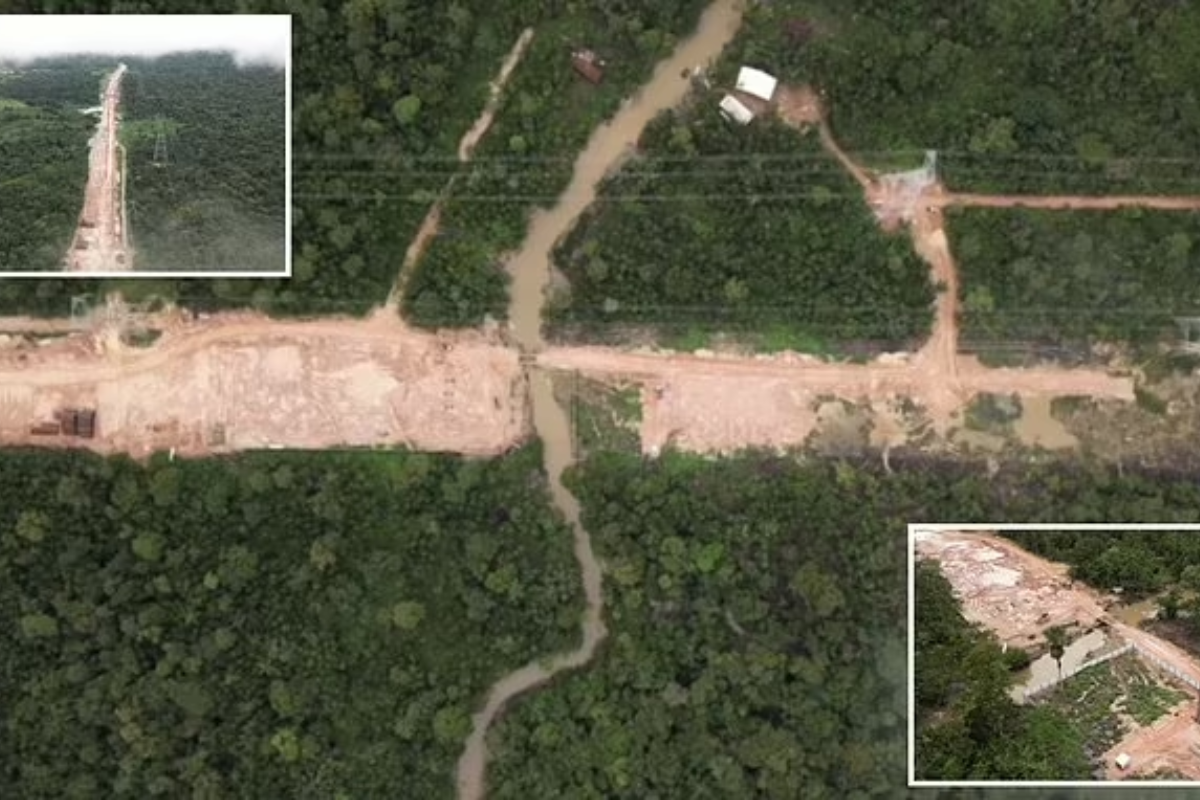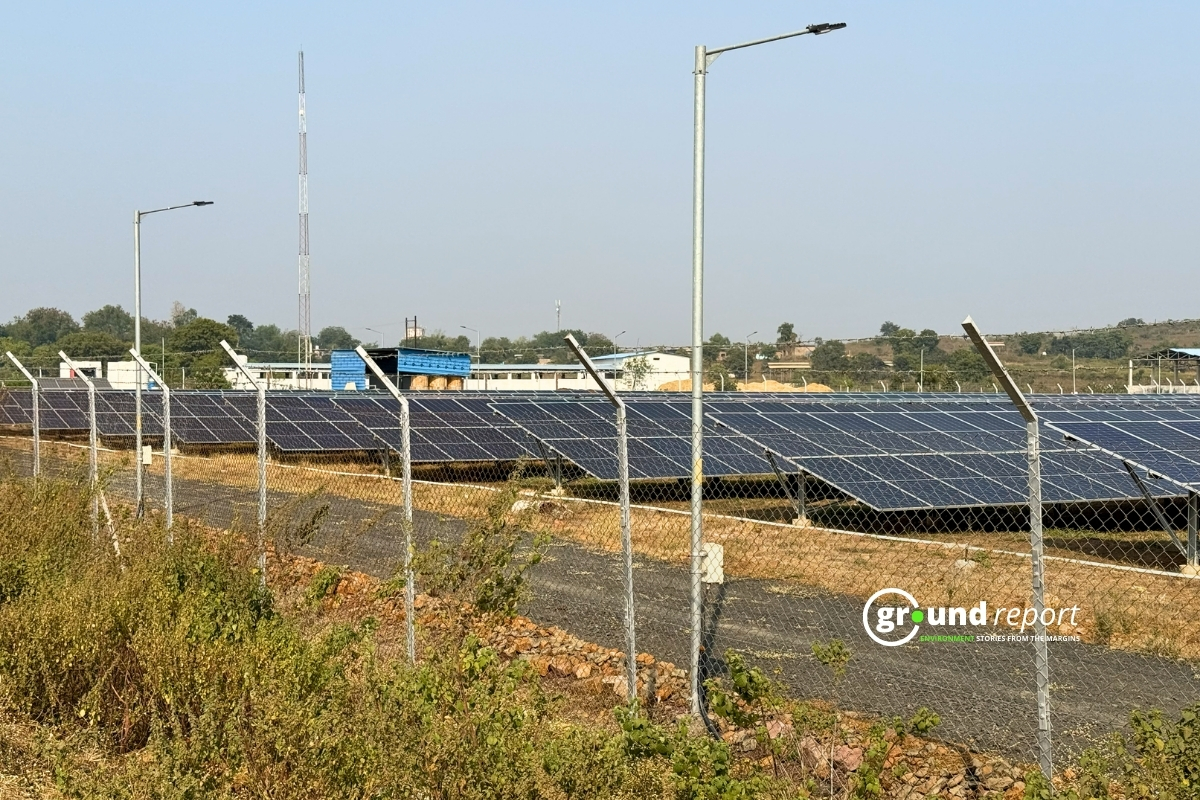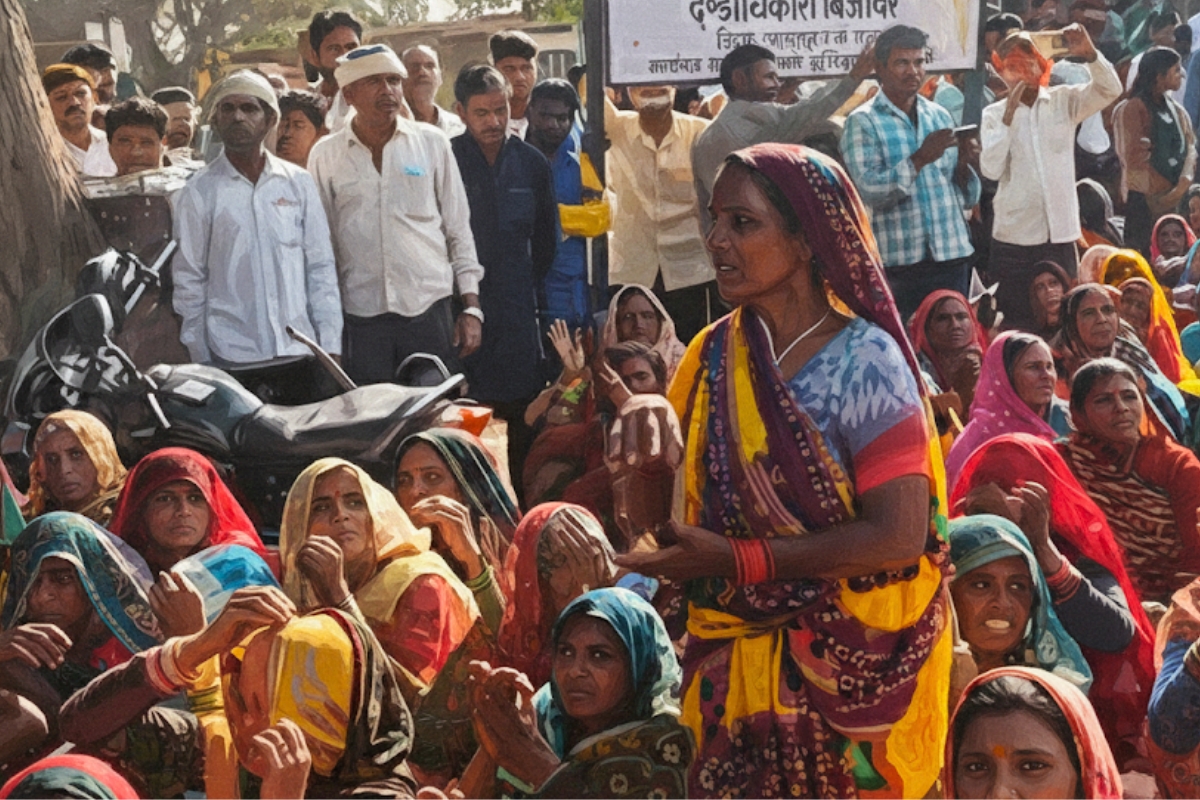World leaders will soon gather in Brazil to discuss how to save the planet—while a new highway is being built through the Amazon rainforest to ease their travel. The irony is hard to miss. As the world prepares for the 2025 UN Climate Change Conference (COP30), meant to address urgent environmental issues, a massive four-lane highway is being built right through one of the planet’s most critical ecosystems.
Officials say the Avenida Liberdade highway will improve traffic flow for the 50,000 attendees expected in Belém from Nov. 10-21, including top politicians, scientists, and activists. But conservationists argue it comes at a steep environmental cost, contradicting the very mission of the summit. The Brazilian government insists the highway is necessary to ease traffic during the event, but conservationists and locals call it an environmental disaster.
A Highway through planet’s lungs
The Amazon rainforest regulates the Earth’s climate, absorbs carbon dioxide, and supports millions of species. Yet, along the highway, trees have been reduced to logs, with cleared land stretching over eight miles.
In northwest Brazil, officials aim to pave a 560-mile road connecting the Amazon-adjacent states of Amazonas and Roraima to the rest of the country. The highway, BR-319, is mostly dirt and difficult for most vehicles, experts told ABC News last year.
Paving these roadways benefits residents who struggle to access hospitals, schools, and goods, Rachael Garrett, a conservation and development professor at the University of Cambridge, told ABC News in September.
But the construction of highways in the rainforest will likely lead to a “fishbone pattern” of deforestation extending from the roadway, Garrett said.
Claudio Verequete, a local farmer, has lost his livelihood. He used to harvest açaí berries from trees that stood where the highway is being built.
“Everything was destroyed,” he said. “Our harvest is gone, and we have no income to support our family.”
Verequete, like many in the area, received no government compensation. He fears the new road will invite further deforestation.
“Our fear is that businesses will buy land for gas stations, warehouses, or other projects. Where will we go?” he asked.
Experts warn the highway will severely impact wildlife by fragmenting the forest. Many animals, including jaguars, sloths, and monkeys, rely on large, connected areas for food and reproduction.
The government promised wildlife crossings, bike lanes, and solar-powered streetlights to reduce environmental impact. However, critics argue that cutting through the Amazon contradicts the summit’s goals.
A “sustainable” summit?
The Pará state government, overseeing Belém, says COP30 is an opportunity to showcase the Amazon while improving the city’s infrastructure. The highway is part of a larger $81 million project including airport expansions, new hotels, and a port redevelopment.
Environmental crimes like illegal logging and mining would likely increase without proper governance in the region, as criminals would access remote areas, Nauê Azevedo, a litigation specialist for the Climate Observatory in Brazil, a network of 119 environmental, civil society and academic groups, told ABC News last year.
The Amazon rainforest is crucial for mitigating global climate change, storing up to 200 billion tons of carbon, according to the World Wildlife Fund. It’s also vital to global and regional water cycles, releasing 20 billion tons of water into the atmosphere daily.
Adler Silveira, the state’s infrastructure secretary, defended the project:
“We want COP30 to leave a legacy for the population and ensure the best experience for attendees.”
But for many, that legacy will be one of destruction.
“This conference is supposed to be about protecting the environment,” said activist Maria Ferreira. “Instead, they’re chopping down the forest they claim to be saving.”
As world leaders prepare to discuss climate solutions, the irony is hard to ignore: the journey to COP30 is paved with deforestation, displacement, and destruction.
Support us to keep independent environmental journalism alive in India.
Keep Reading
California Fires Live updates: destructive wildfires in history
Hollywood Hills burning video is fake and AI generated
Devastating wildfire in California: wind, dry conditions to blame?
Los Angeles Cracks Under Water Pressure
From tourist paradise to waste wasteland: Sindh River Cry for help
Follow Ground Report on X, Instagram and Facebook for environmental and underreported stories from the margins. Give us feedback on our email id greport2018@gmail.com.
Don’t forget to Subscribe to our weekly newsletter, Join our community on WhatsApp, and Follow our YouTube Channel







